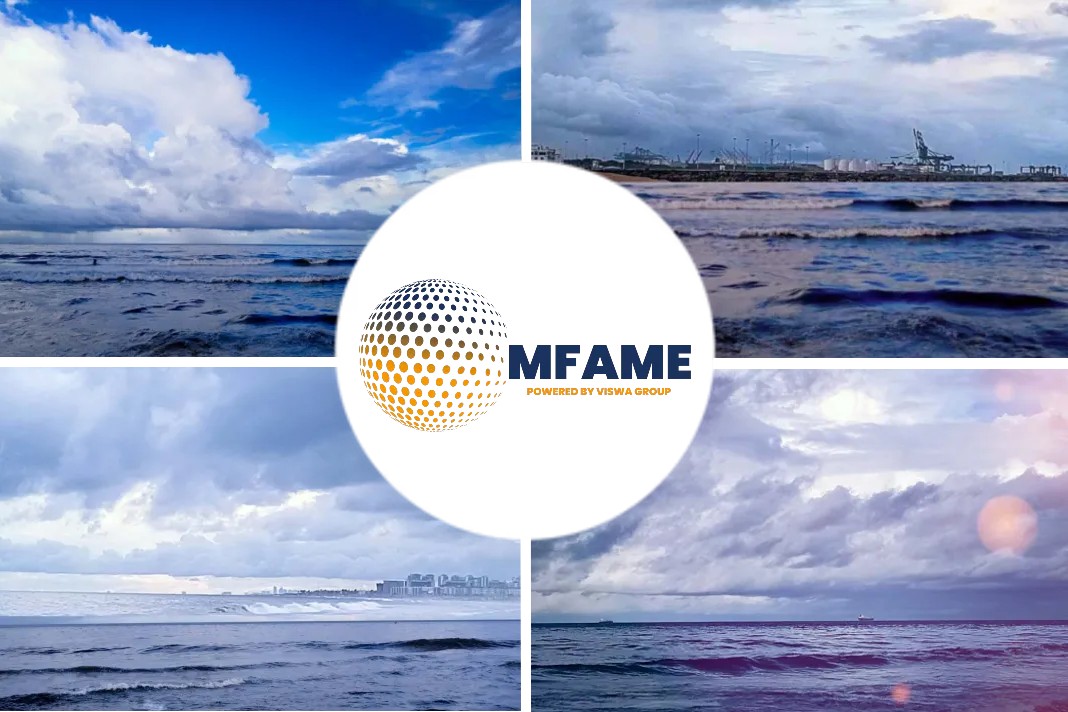- Around 450 maritime leaders and industry professionals from around the world gathered online on Friday (23 April) to discuss a global approach towards decarbonisation.
- They also digitalisation of the maritime industry at the Future of Shipping Conference (FOSC).
- The event was jointly organised by the Maritime and Port Authority of Singapore (MPA) and the International Maritime Organization (IMO).
- The FOSC was held in conjunction with the 15th Singapore Maritime Week.
A recent news article published in the Manifold Times reveals how future of shipping conference reiterates ‘hands-on-deck’ approach for decarbonisation.
Singapore’s Minister for Transport
Speaking at the opening of the conference, Mr Ong Ye Kung, Singapore’s Minister for Transport, said, “Shipping brings trade, and with it, greater business opportunities, creation of jobs, co-operation and inter-dependence between countries, setting the conditions for peace and stability.”
“Developments in shipping have a real impact on the development of economies and uplifting of lives around the world. With deep commitment to collaboration in decarbonisation and digitalisation, we can realise a better future for shipping and for the economies and people who depend on it.”
Memorandum of Understanding
Minister Ong also announced that MPA, Singapore Shipping Association, and Global Compact Network Singapore, will sign a Memorandum of Understanding to train the industry in carbon accounting, support companies in managing and lowering emissions, and encourage best practices in decarbonisation.
“We all have a part to play in addressing challenges and pushing blue sky thinking to develop and implement solutions,” said Kitack Lim, Secretary-General, International Maritime Organization, said in his address.
To keep pace with the demands of the global economy and the expectations for sustainable growth, the maritime world needs to be in the forefront of transformational change.
It is necessary to facilitate decarbonisation and enhance digitalisation for safer, more environmentally friendly, and efficient shipping.
Lim also thanked MPA for partnering IMO on the “Single Window for Facilitation of Trade Project”, or SWiFT, which will develop a maritime single window system for a port in a developing country.
A timely opportunity for stakeholders
FOSC presented a timely opportunity for stakeholders to move forward on NextGEN – a concept for a collaborative global ecosystem of maritime transport decarbonisation initiatives first announced in September 2020.
The inaugural meeting of NextGEN
The inaugural meeting of NextGEN took place on the side-lines of the conference.
The meeting discussed ways to ensure that developing countries are not left behind in the progress towards maritime decarbonisation, and the actions needed to facilitate collaboration across the maritime and energy supply chain.
Participants were also informed of plans to launch a NextGEN portal in the second half of 2021 to further discussions and sharing of initiatives in maritime decarbonisation.
Several presentations and panel discussions
The conference also saw several presentations and panel discussions from representatives across the geographical regions and the maritime value chain, on viable pathways to maritime decarbonisation and a technologically empowered maritime sector.
Additionally, the discussion also focused on the role of IMO and its Member States in ensuring that no country is left behind.
Closing the conference, Selwin Hart, Special Adviser to the United Nations Secretary-General on Climate Action and Assistant Secretary-General for the Climate Action Team, said, “It is increasingly clear that decarbonisation of the global economy is inevitable and all sectors must act now.”
It is essential to have all hands-on-deck to speed up this transition and ensure we keep the 1.5C goal within reach.
Initiatives like NextGEN and the Getting to Zero Coalition can help deliver the necessary support, technology transfer and investment in the sector in developing and emerging economies.
Did you subscribe to our daily newsletter?
It’s Free! Click here to Subscribe!
Source : Manifold Times
















